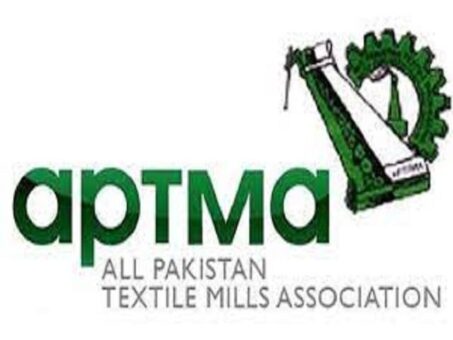Kaan Arshad, Chairman of the All Pakistan Textile Mills Association (APTMA), has vehemently criticized the Federal Board of Revenue (FBR) for its recent mandate requiring textile mills to submit affidavits concerning the tax compliance of their buyers and sellers.
Speaking at a press conference at APTMA’s Lahore office, Arshad condemned the registration of FIRs against various industrial units, including 12 FIRs targeting APTMA member mills, labeling these actions as unlawful and unacceptable.
Arshad was joined at the conference by notable figures, including Senior Vice Chairman Jamil Qasim, Vice Chairman Shehzad Ahmed Sheikh, Chairman South Zone Naveed Ahmed, former chairmen Abdul Rahim Nasir and Adil Bashir, along with Secretary General Shahid Sattar and Mohammad Raza Baqir. He articulated that the FBR’s requirement for member mills to submit affidavits, certifying that all buyers and suppliers within their supply chain have paid taxes and filed accurate returns, is not only unjustified but also exceeds the legal stipulations laid out in the Sales Tax Act.
According to Arshad, the law stipulates that buyers must verify the Active Taxpayers List (ATL) status of their suppliers and ensure transactions are conducted through banking channels. He asserted that imposing the additional requirement of affidavits is an unrealistic burden on APTMA members, suggesting that it is unreasonable to expect buyers to conduct thorough investigations of their entire supply chains—comparing this expectation to assigning them the role of law enforcement.
Highlighting the adverse repercussions of these demands, Arshad noted that many APTMA members are reputable exporters, and the arrest of their Chief Financial Officers without prior adjudication of civil financial liabilities is not only unlawful but also fosters an environment of harassment and fear. He warned that such actions could lead to significant disruptions and closures in the textile sector.
Despite expressing APTMA’s commitment to fostering tax compliance, Arshad firmly rejected the notion of holding the textile industry accountable for the misdeeds of others. Instead, he called for an enhancement of the role of trade bodies in aiding the FBR’s compliance initiatives, advocating for a collaborative approach to resolving tax-related issues rather than punitive measures that threaten the viability of the industry.
Arshad’s remarks reflect a broader concern within the textile sector regarding the FBR’s approach to regulation, emphasizing the need for a more balanced and supportive framework to ensure compliance while safeguarding the interests of industrial stakeholders.
